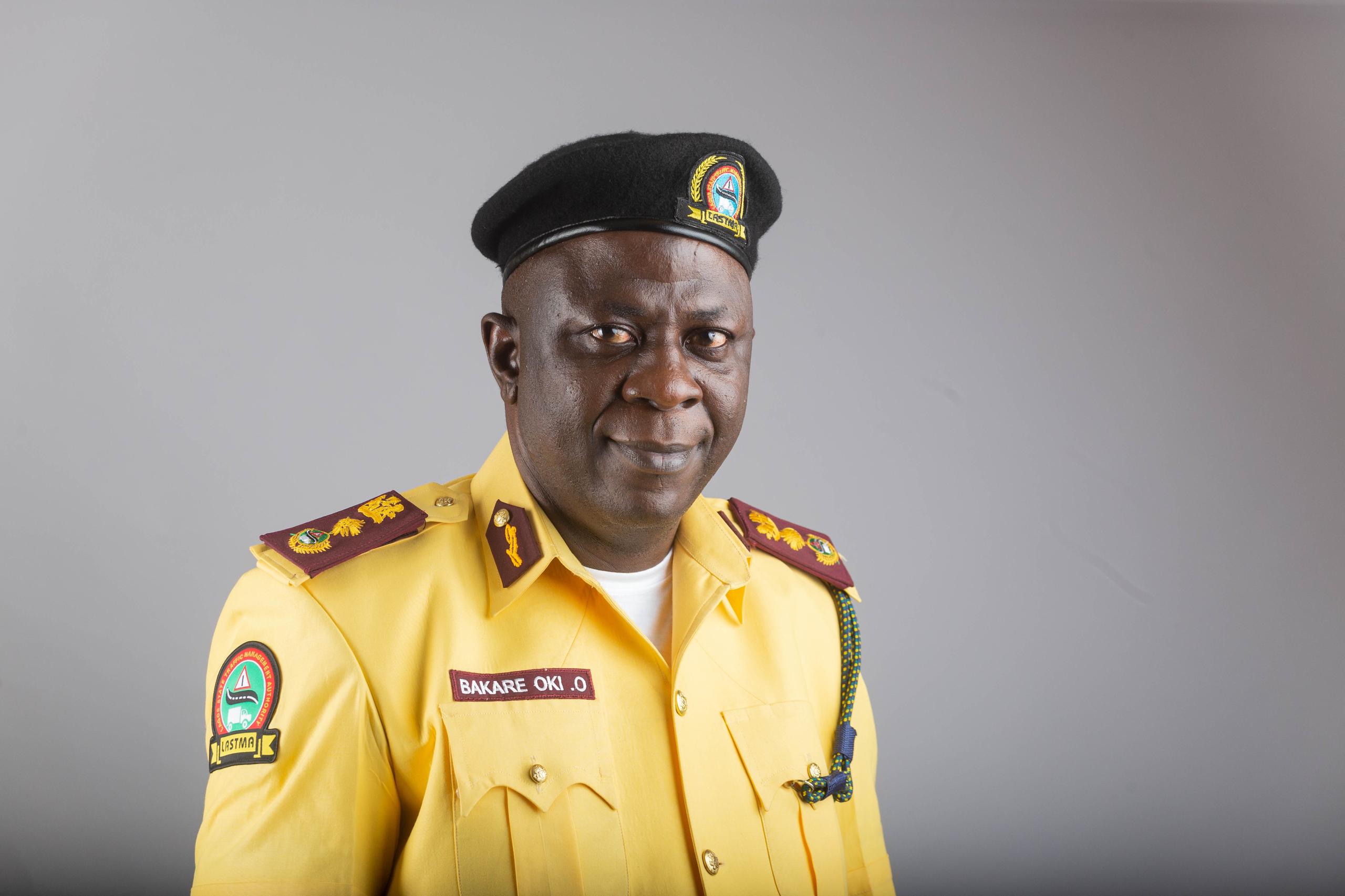Lagos is taking a step towards more intelligent traffic management as the state’s traffic management authority (LASTMA) has introduced drones to monitor traffic movement. The development is intended to boost security surveillance and improve public security across Nigeria’s busiest metropolis.
The deployment is a major shift from traditional traffic enforcement to data-driven, proactive enforcement. With real-time bird’s eye views of the city, LASTMA officials are now able to spot congestion faster, respond to accidents faster, and coordinate emergency vehicles more accurately.
According to LASTMA General Manager Olalekan Bakare-Oki, the plan is focused on aligning with the vision of Lagos State in leveraging technology in reducing traveling time, reducing road accidents, and improving the livability of the city.

LASTMA’s transition from reactive to predictive traffic control
Traffic management in Lagos has, over the years, relied on ground personnel stationed along intersections. Efficient as it might be to an extent, the system has largely been reactive, addressing congestion and accidents after they have compromised mobility.
The use of drones marks a new era. Featuring high-definition cameras and aerial surveillance capabilities, LASTMA’s UAVs can monitor multiple routes at once. This provides real-time intelligence about choke points, accidents, stranded vehicles, and security concerns.
This visibility allows LASTMA to deploy traffic officers where they can be most effective, clearing the road before congestion becomes unmanageable. It also optimizes emergency response, enabling emergency respondents to reach accident sites faster and even save lives.
See also: Is Staffbus.ng the Ultimate Solution to the Traffic Problems in Lagos State?
The government says the project is directly targeted at Lagos’ growing population and number of vehicles, which have a tendency to lead to hours of lost productivity and heightened danger of accidents. By including drones in its suite of tools, LASTMA is helping to build a more disciplined driving culture and set the benchmark for African urban mobility.
Constructing a smarter, safer Lagos
Their deployment is also connected to Lagos’ overall THEMES+ Agenda, a state policy manual focused on transportation, health, education, and technology. The state government has always emphasized technology and innovation as the twin levers for propelling Africa’s largest city toward becoming a competitive, modern global center.


Other than traffic management, the drones will also assist in increasing security across the city. With their ability to cover broad areas within a moment, they can assist security agencies in scanning for suspicious activity, monitoring vast numbers of people, and preventing criminal activities before they happen.
Privacy concerns have been addressed as well. LASTMA ensures that any drone activities will be subject to strict ethical and regulatory protocols, ensuring surveillance is for public safety and traffic management purposes and not for infringement of citizens’ privacy.
The agency is also going to incorporate drone data into its control center and blend it with feeds from road sensors, traffic cameras, and field reports to give rise to an overall traffic intelligence system. The integration might enable predicting traffic trends, signal timing optimization, and travel time minimization across principal corridors.
The deployment of drones represents one of the most significant upgrades to Lagos traffic management in recent years. With real-time aerial monitoring, faster response times, and improved coordination, officials say the city is moving to address long-standing issues of congestion and road safety.


As Lagos grows, authorities note that initiatives like this will be important for reducing traffic delays, improving safety on major roads, and supporting the state’s population of more than 20 million people. Congestion has been identified as a major challenge, often slowing economic activity and causing delays for commuters across the city.
According to LASTMA, the new system will make it possible to detect incidents more quickly, clear obstructions faster, and coordinate emergency services more effectively. The agency also says that additional technology-driven projects are being planned, including smarter traffic signal systems and improved traffic monitoring tools, as part of a wider effort to build a more efficient and responsive transport network for Lagos.







